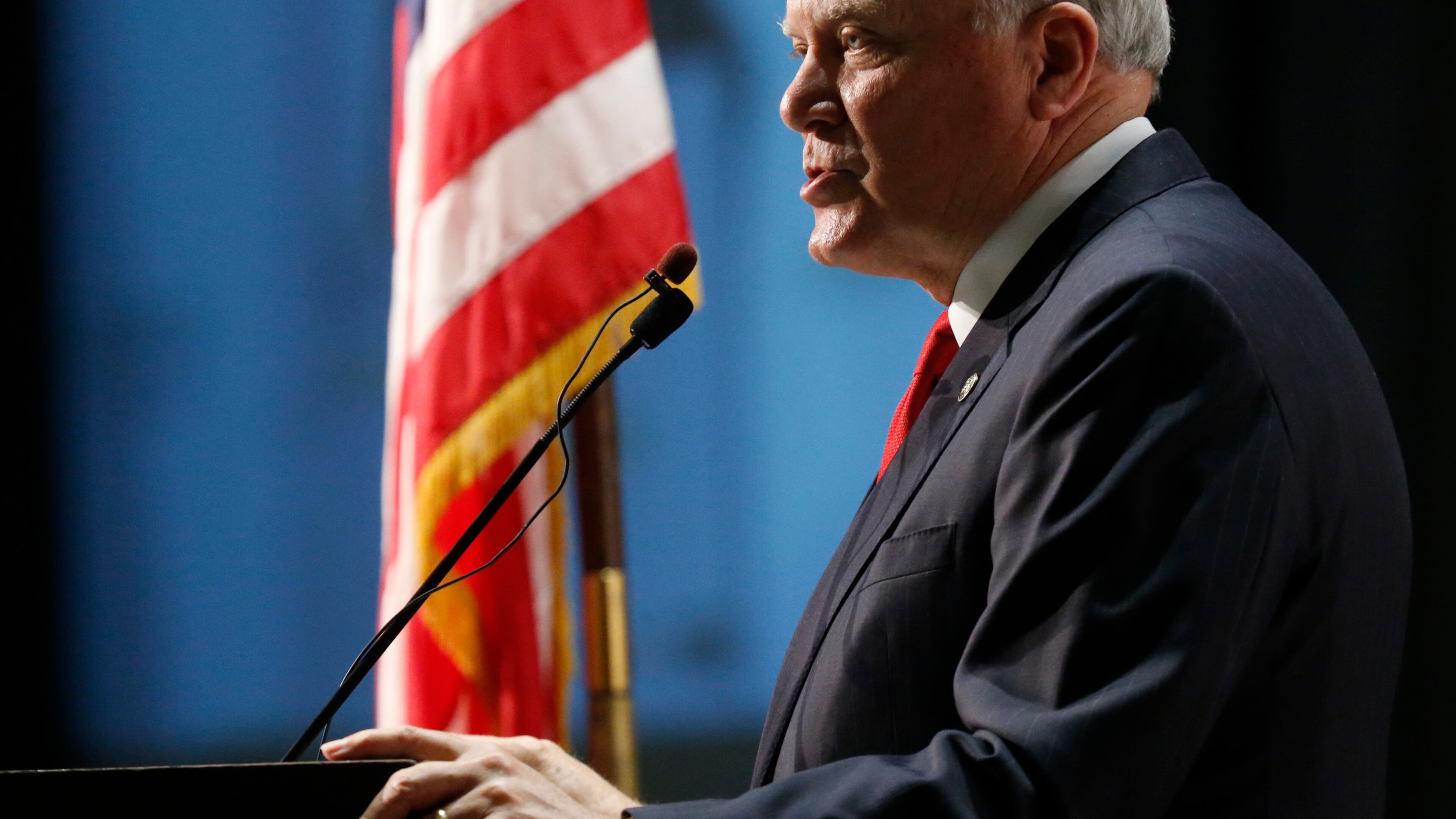New transportation funding continues to evolve under Gold Dome

It appears that new funding for transportation infrastructure has the political support to live up to the pre-session hype, or at least some of it.
Earlier today, Gov. Nathan Deal made his clearest statement yet to that effect, telling the audience at a Georgia Chamber event, "I want to make it clear here this morning that I support increasing funding for strategic transportation investments." The details of what he means by "increasing" and "strategic" could trickle out in the days to come, or the governor could choose to simply underline support for new funding while leaving the details mostly to legislators. Either way, that statement, combined with continued insistence by Speaker David Ralston and Lt. Gov. Casey Cagle that "doing nothing is not an option," mean it's highly likely some kind of measure will be passed this year.
What kind? I began hearing rumblings a couple of weeks ago about a possible cigarette-tax hike, and my AJC colleagues have an early outline as to how that might be linked to transportation:
"(A)ccording to those who have heard the plan, raising the cigarette tax would generate new revenue to help pay for Medicaid, the joint state-federal health care program for the poor and disabled. That, in turn, would free up other state dollars to help pay for transportation projects."
A few initial thoughts:
1. A gas tax is almost certainly equatable to a user fee, paid by motorists for the use of roads, highways and bridges. A cigarette tax is somewhat less of a direct user fee, at least with regard to Medicaid specifically.
2. The gas tax is widely considered to be a declining revenue stream, as cars become more fuel-efficient and the number of miles driven by Americans is growing less quickly than in the past. I need to find some data, but I'd hazard a guess the cigarette tax will also decline in the long run as fewer and fewer people smoke. So, any plan that relies heavily on a gas tax and a cigarette tax really ought to contemplate, at least, how the state might create a future revenue stream to replace them -- such as a tax on vehicle-miles traveled, or VMT.
3. The numbers I've heard for what a cigarette tax might produce is between $350 million and $450 million. While that's a lot of money, it barely covers the annual increases to Medicaid, even without expanding the program under Obamacare. But even if every dollar of that represented a dollar that could be freed up for transportation, and even if some $700 million in existing gas-tax revenues were devoted to the Georgia DOT's budget (some of which may overlap with the new cigarette-tax revenues) -- even with all that, it would barely cover the unfunded maintenance needs state officials have outlined, such as not letting roads go decades more than intended before they are repaved. It wouldn't seem to leave anything for "strategic transportation investments," as Deal put it this morning.
Stay tuned.


